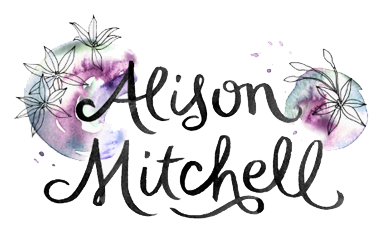Settling Elemental Air
Each of the elements are associated with different aspects of health and nature. The balance of these elements in our body can help us maintain good health and a sense of wellness.
Continuing the mini-series of the elements we now move onto the element air.
To learn about elemental eating you can listen to my latest podcast about Elemental and Intuitive eating here.
Read about constitutional medicine here.
Read about the element of fire here and the element water here.

- The air element relates to the season of Spring and is associated with the colour yellow and white.
- This element is associated with the lungs, respiratory system, large intestine, brain and nervous system.
- Air in nature embodies the principle of movement and can be powerful to shift and move stagnant energy due to its changeability.
- When out of balance a person may tend to overthink and over analyse situations leading to a domino effect of feeling stressed, ungrounded, nervous, scattered and flighty.
Air Constitution Characteristics
In traditional Ayurvedic medicine an air type is associated with the Vata dosha.
Do you find that even on a hot day if a cool breeze touches your skin you feel cold? Do people often comment that your skin is cold to touch? Then you may be an air type!
If you are an air type you may be thin and small in frame with long slender limbs with visually prominent joints and veins. Your face, skin, lips and ears may be thin and air types are known for having very dry pale skin and course hair.
Air element types are often tense in their bodies due to their overthinking mind. If you are an air type when stressed you may forget to eat, burn yourself when cooking, neglect to pay bills, stay up late and arrive late to work. It is important for you to slow down and practice your favourite self care techniques to nourish your wellbeing.
Air is yang in dual nature and individuals ruled by air are highly intelligent, analytical, quick learners, effective communicators and are able to easily maintain new information. When this is channelled air types can be innovative, creative and visionaries. If you are an air type you may struggle to connect with your true feelings due to your natural tendency to favour logic and facts to make sense of situations.
Energetically an air dominant body tissue state is either dry atrophy or wind tension. If you are in a dry atrophy state your body may be weakened and malnourished or if you are more wind tension there may be constriction with symptoms moving and changing throughout your body.
How does air show up in your body?
The body expresses excess air in the following signs and symptoms:
- Dry skin
- Chapped lips
- Dandruff
- Arthritis
- Muscular weakness
- Dry cough
- Highly stressed
- Nervousness
- Anxiety
- Insomnia
- Excess gas
- Bloating
- Spasm
- Cramping
- Constipation
- Stiff neck and shoulders
- Dry and cracked tongue
- Quivering tongue
- Bloodshot eyes
3 tips to balance excess air:
- Avoid astringent, bitter and pungent foods as these further aggravate dryness. Instead consume warm cooked foods that are sweet, sour and salty to taste in order to moisten, strengthen and warm your tissue states such as berries, apples, banana, avocado, beetroot, carrots, green beans, sweet potato, onion, brown rice, oats, quinoa, wheat, yoghurt, fermented foods, tofu and seaweed.
- Drink herbal teas with a nervine action to relax the nervous system when you are feeling stressed, anxious or nervous such as Matricaria recutita (Chamomile), Melissa officinalis (Lemon balm), Passiflora incarnata (Passiflora), Humulus lupulus (Hops) and Glycyrrhiza glabra (Liquorice).
- To aid your digestion take a few deep conscious breaths before you eat. This will activate the vagus nerve to encourage the nervous system to calm down and in this relaxed state your body will be able to properly digest your meal.










